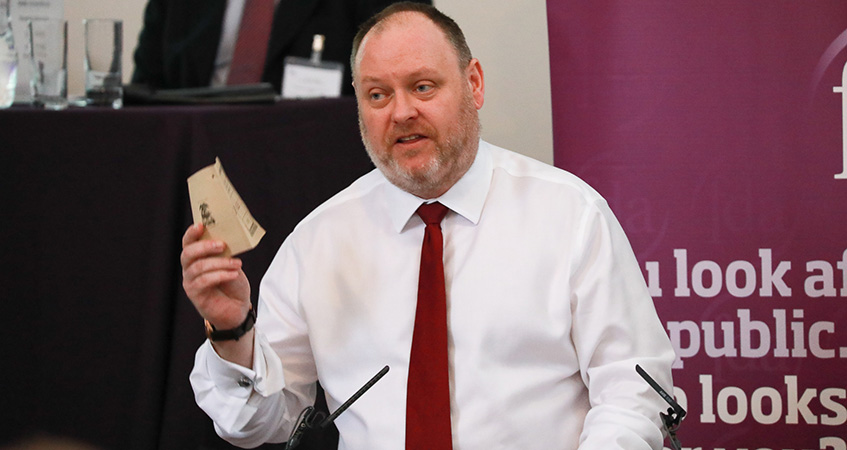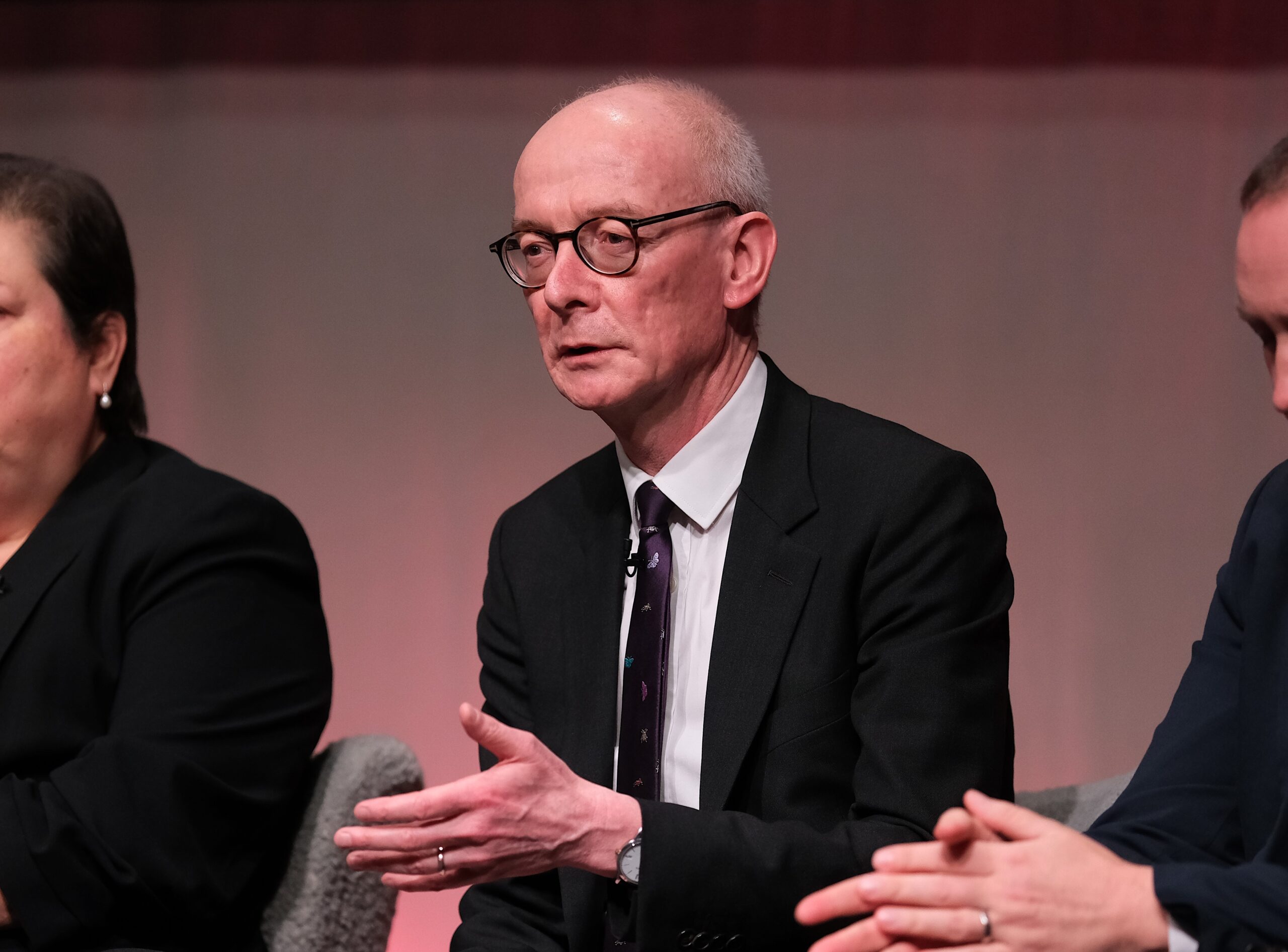Pay 2018: Why we have issued legal proceedings

Members,
Together with PCS and Prospect, we have today issued legal proceedings against the Minister for the Cabinet Office, seeking a Judicial Review of the Government’s failure to consult the unions appropriately over the 2018 Civil Service Pay Guidance.
It is disappointing that the Government has failed to respond positively to the pre-action protocol letter we issued on 17 July 2018. This was the opportunity for ministers to recognise their failings over the consultation process and begin a meaningful dialogue with the unions that represent the majority of civil servants. It is telling that in every other area of the public sector, where there is a more substantive engagement with the unions, the lifting of the public sector pay cap has resulted in higher pay rises for public servants and deals the unions were able to recommend to members.
Instead, the Government’s response appears to indicate that it never intended to consult the unions on the average pay awards being permitted either at the meetings which took place or at those which were scheduled. In addition, they have indicated that they rushed out the guidance without the further meetings that they promised because they did not trust the unions to keep the information confidential during any information sharing process.
The extraordinary nature of this response – that they were wilfully ignoring the views of staff representatives, had no intention of listening to any representations we made and do not trust us to keep matters confidential – lays bare the true state of industrial relations in the civil service. Once again it is clear both on process and outcome, that the Government is treating its own employees as the poor relation in the public sector.
We are determined to challenge this approach both centrally and in departments. There is now a headlong rush across the service to impose pay increases of up to 1.5%, exposing as a myth the Government’s line that this is only “guidance” and not binding on employers. Given this rush to impose a new cap of 1.5%, we are applying to the court to expedite these proceedings.
We are determined to hold ministers to account for their decisions. The very public servants they rely on to deliver the Government’s policy agenda, to make further substantial efficiency savings and, in many cases, deliver our exit from the European union, are the same public servants who they are deciding are worth less than the rest of the public sector.
Legal proceedings are never straightforward and, as we have said previously, are a last resort when all other avenues have been explored. We remain open to dialogue with the Government and, even at this stage, our hope is that they will take the opportunity to engage with us meaningfully.
We will keep you informed as the proceedings progress.
Please note: The civil service pay guidance does not apply to either devolved administrations or the SCS where separate arrangements apply.
Related News
-

Government’s plans for civil service reform “lack substance”, says FDA
The FDA has criticised the government’s rhetoric surrounding the announcement of a series of civil service reforms – on performance-based pay, fast track exits for underperformers, and performance management – by Chancellor of the Duchy of Lancaster Pat McFadden.
-

9% pay rise for NI civil servants ‘genuine attempt to tackle pay erosion’, says FDA
The FDA is recommending to members to accept the Northern Ireland civil service pay offer for 2024/25, which represents a 9% increase over a 20-month period.
-

FDA calls for widespread reform across the civil service in New Year message to government
The FDA has shared its annual New Year message to the government, in which FDA Assistant General Secretary Lauren Crowley outlines the need for significant reform across the civil service.